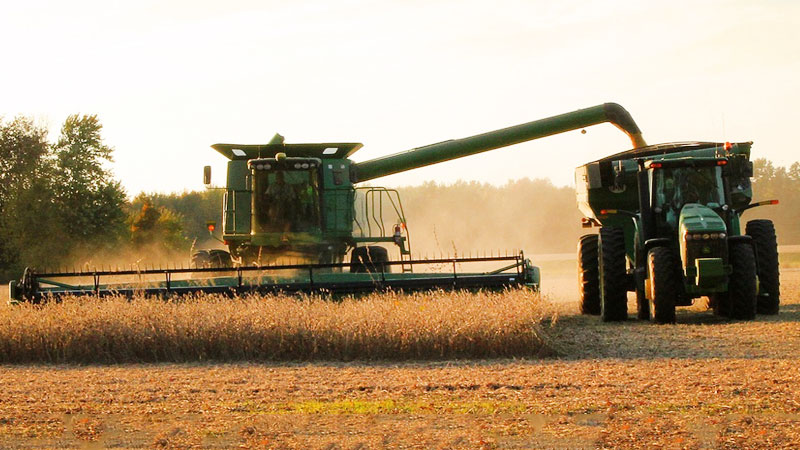The agricultural landscape is undergoing a profound transformation, ushering in a new era of efficiency and productivity through the integration of cutting-edge technologies and software solutions. This revolution, often referred to as Seeds of Progress, is centered on the fusion of traditional farming practices with advanced laboratory-driven software. The heart of this transformation lies in the digitization of agriculture, where every aspect of the farming process is meticulously analyzed, optimized and fine-tuned through the lens of data. At the core of this revolution is the use of precision agriculture, a practice that leverages a plethora of technologies, including sensors, drones and GPS systems, to collect and analyze data with unprecedented accuracy. These tools provide farmers with real-time insights into their fields, enabling them to make informed decisions about irrigation, fertilization and pest control. However, the true game-changer in this paradigm shift is the infusion of lab-driven software into the agricultural workflow.

Laboratories, once confined to scientific research and experimentation, are now becoming vital hubs for agricultural innovation. Biotechnological advancements have paved the way for the development of genetically modified seeds that boast improved resilience, higher yields and resistance to pests and diseases. These seeds, often referred to as smart seeds, are the result of meticulous genetic engineering, fine-tuned through sophisticated lab-driven software. These software solutions analyze genetic data to identify the most desirable traits, allowing scientists to create seeds that are tailor-made for specific environmental conditions. Moreover, lab-driven software is revolutionizing the way crops are monitored and managed throughout their growth cycle. Integrated systems analyze data from various sources, such as soil samples, weather patterns and satellite imagery, click now to visit the site to provide farmers with comprehensive insights into the health and performance of their crops. This data-driven approach enables predictive modeling, allowing farmers to anticipate challenges and proactively address potential issues before they impact the yield.
The connectivity of these systems also facilitates collaboration between farmers and agricultural experts. Through cloud-based platforms, farmers can share data and insights, benefiting from collective knowledge to enhance their decision-making processes. This collaborative approach not only fosters a sense of community within the agricultural sector but also accelerates the pace of innovation. As agriculture becomes increasingly digitized, concerns about data security and privacy have emerged. The vast amounts of sensitive information generated by these technologies necessitate robust cybersecurity measures to safeguard against potential threats. The industry is grappling with the development of secure and standardized protocols to protect the integrity of the data that underpins this agricultural revolution. In conclusion, the Seeds of Progress in agriculture represent a paradigm shift driven by the convergence of traditional farming practices with advanced lab-driven software. The integration of precision agriculture, genetic engineering and data analytics is reshaping the industry, offering unprecedented opportunities for increased efficiency, sustainability and collaboration. As farmers continue to embrace these technological advancements, the agricultural landscape is poised for a future where innovation and productivity go hand in hand, ensuring food security for a growing global population.
